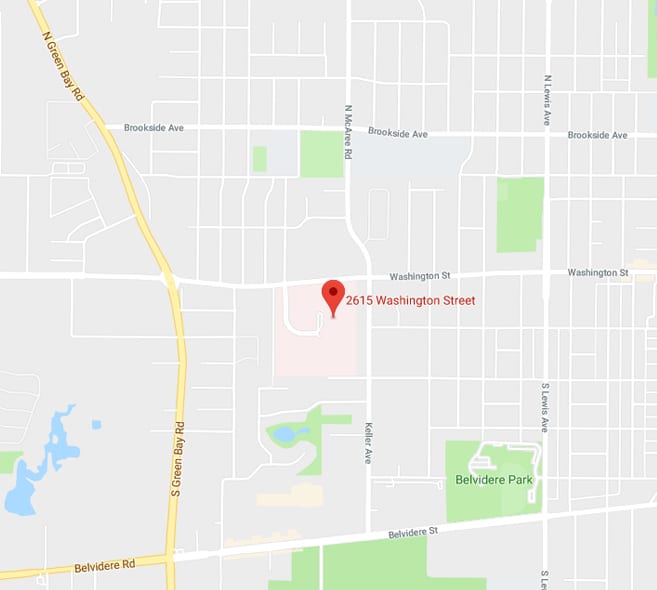Lake Behavioral Hospital offers Partial Hospitalization
Lake Behavioral Hospital offers Partial Hospitalization (PHP) and Intensive Outpatient (IOP) Programs. Each of these are group-based programs providing therapeutic support for individuals who are struggling with conditions and mental health concerns like depression, anxiety, trauma, and bipolar disorder that reduce a person’s ability to function well in relationships, daily routines, and work or school.
Our Partial Hospitalization Program (PHP) is both a structured and intensive mental health program for adolescents ages 13 and up. PHP provides group therapy and skill development. Our IOP is for adults and can be attended during the day and virtually in the evening. Medication management is available to our patients in our outpatient programs and separately for those who need that specialized support.



